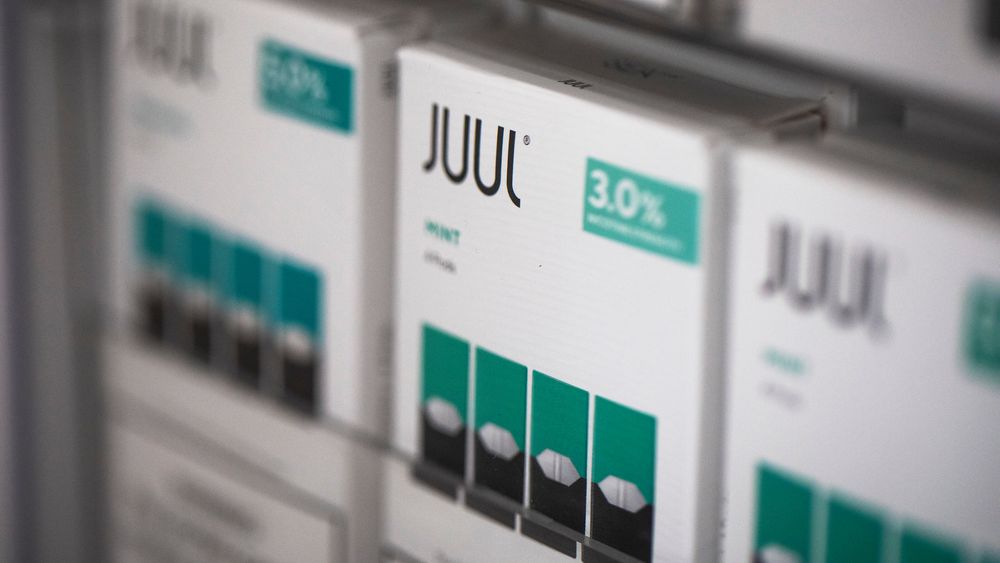Juul, the e-cigarette company, has agreed to settle a lawsuit filed by a US state accusing it of promoting its products to minors.
Juul will pay North Carolina $40 million (£29 million) over six years and will adjust its advertising in the state. However, as part of the deal, the vape pen maker did not admit any wrongdoing. According to a representative for Juul, “This agreement is in line with our ongoing efforts to restructure our business.
“We will continue to fight youth smoking and enhance adult smokers’ harm reduction options.” Over the previous two years, Juul has stopped selling its non-menthol, non-tobacco flavored products and halted all “mass-market” product advertising. According to the company, one of its tactics included shutting down Instagram and Facebook accounts marketing vape items.
The agreement, announced by North Carolina Attorney General Josh Stein on Monday, is the company’s first with a state government. At a news conference, Attorney General Stein stated: “North Carolina has become the first state in the country to hold Juul responsible for its participation in the emergence of a juvenile vaping pandemic.
“They did it to youngsters all around North Carolina and the United States for the sole purpose of making money.”
A New Menace Has Emerged: The ‘Epidemic’ Of Youth Vaping
Juul will not be allowed to advertise to underage individuals or utilize anyone in its advertisements who is under the age of 35 in the state under the terms of the agreement.
The agreement also limits the number of Juul vaping devices and pods that North Carolina residents can purchase on a monthly or annual basis. The case in North Carolina was supposed to go to trial in July. In 2019, it became the first state to sue the e-cigarette behemoth. Juul’s compact devices and sweet flavors, which formerly included mango or cucumber, allegedly delivered the extremely addictive drug nicotine to young people while also marketing things to them online, according to the lawsuit.
According to the state’s Youth Tobacco Survey, the use of e-cigarettes increased by 78 percent among North Carolina high school students between 2018 and 2019. The money from the settlement will be used to fund research and programs targeted at preventing young people from becoming addicted to vaping. Juul expressed interest in collaborating with Attorney General Stein and other companies to develop industry-wide marketing practices.
It also expressed its support for the state’s choice to use the settlement funds to discourage underage drinking. Other similar actions in the US have been made against the firm by state officials, school districts, and even young individuals, and are still pending.
Juul has long marketed its nicotine pods as a healthier alternative to cigarettes. However, the Centers for Disease Control and Prevention in the United States warns that vaping is not safe for children or young people. Young individuals who vape are also more likely to smoke cigarettes in the future, according to the study.










